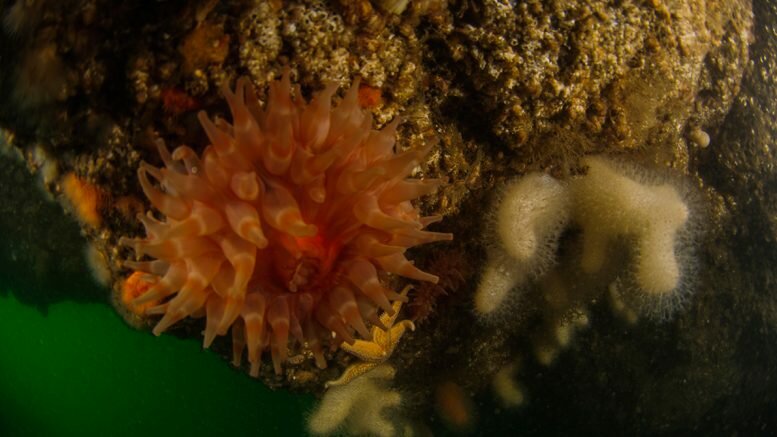Plastic garbage kills coral reefs in the Pacific
One in three coral reefs in the Pacific region is contaminated by plastic waste. Worse is the state of Indonesian waters, a comprehensive research report reveals.
According to researchers, who present their findings in the latest issue of the Science magazine, the plastic waste spreads microbes that increase the risk of a group of diseases known as white syndromes.
While in coral reefs without plastic waste, such diseases occur in only 4 per cent of corals examined, the proportion is 89 percent in reefs that are contaminated by plastics.
The researchers surveyed a total of 124,000 corals in more than 150 reefs in the years between 2011 and 2014, in the waters off Indonesia, Australia, Burma (Myanmar) and Thailand.
Dependent
– More than 275 million people worldwide live less than 30 kilometers from coral reefs and are entirely dependent on them for food, protection, tourist income and cultural values, says Joleah Lamb, who has been leading the work on the report.
– We do not know the exact mechanisms, but plastic is ideal for colonizing microscopic organisms that can cause diseases if they come into contact with corals, says Lamb.
If it is possible to reduce the amount of plastic waste in the oceans, it is also possible to prevent the spread of coral killing diseases, the researchers conclude.
Best in Australia
– When the corals are infected, it is logistically difficult to treat the diseases that follow, says Lamb.
The world’s largest and most famous coral reef, the Great Barrier Reef off the coast of Australia, is still relatively untouched and has the lowest concentration of plastic waste of all those surveyed.
Indonesian coral reefs contained on average about 25 plastic units per 100 square meters, compared to 0.4 units in Australian reefs.
There has not been made any comprehensive studies of Norwegian reefs or other parts of the world yet, although Oceana.org has done a comprehensive mapping of reefs in the North Sea.
© NTB Scanpix / Norway Today





